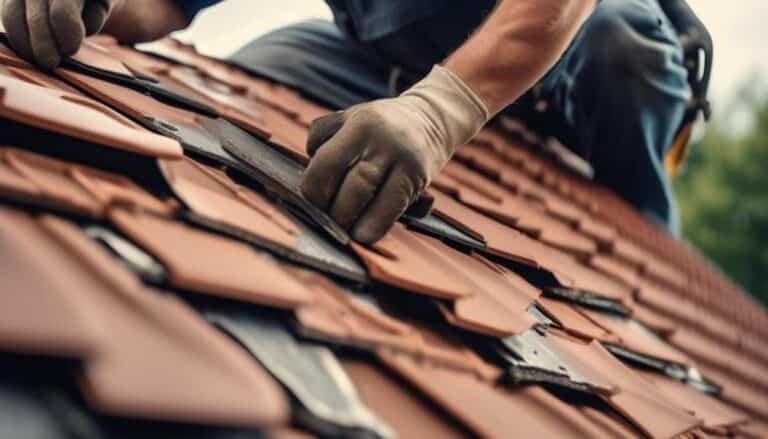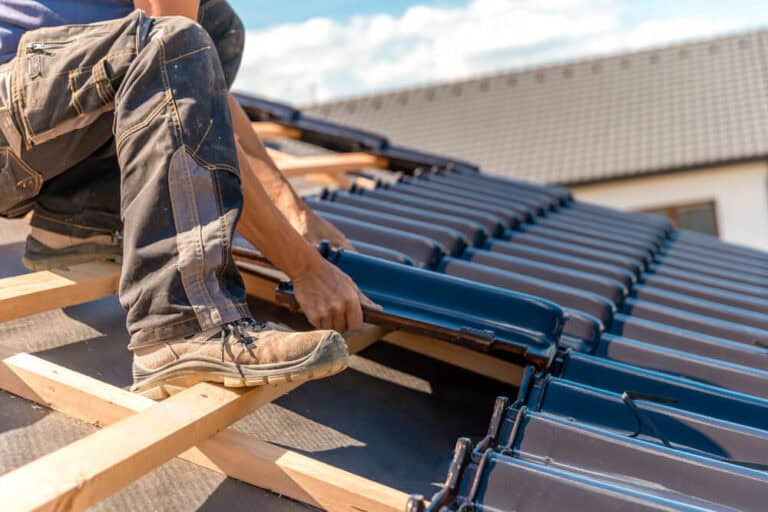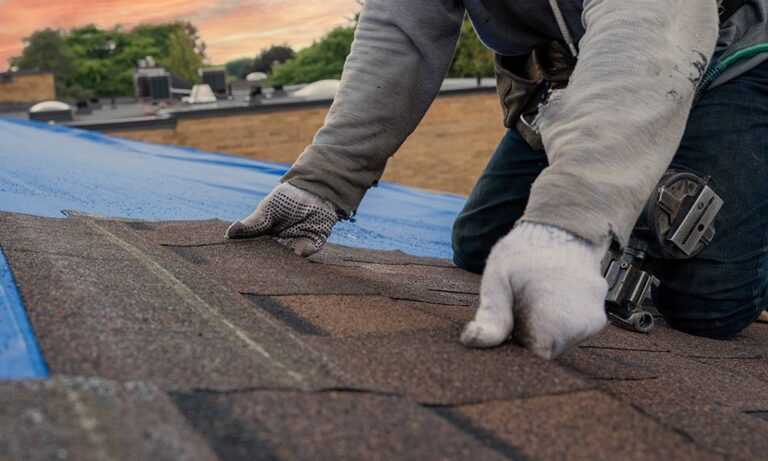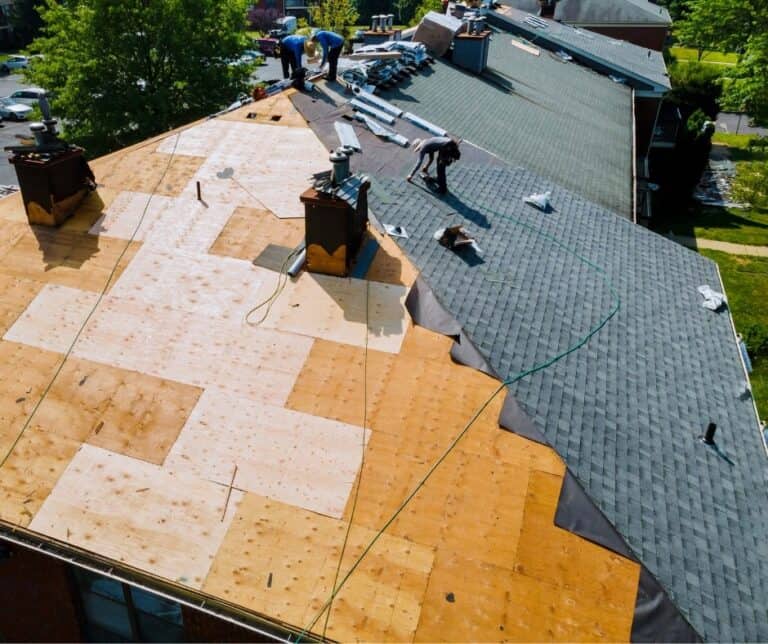📞 (504) 384-0676 📍 1 Galleria Blvd Suite 1900, Metairie, LA 70001⏰ 08:00 A.M. – 05:00 P.M.
When To Repair Or Replace Roof: Expert Guide 2025

Your roof is one of the most critical components of your home, protecting you from the elements and keeping your family safe. But as time goes on, wear and tear are inevitable. One of the biggest decisions homeowners face is determining when to repair or replace the roof. In areas like Baton Rouge, New Orleans, and Houston, where harsh weather conditions can take a toll on your roof, knowing when to act is crucial. In this guide, we’ll break down the factors that can help you make an informed decision about whether to repair or replace your roof.

Signs It’s Time To Repair Your Roof
Roof repairs are often a cost-effective way to address minor issues without the need for a complete replacement. Here are some common scenarios where repairs may be sufficient:
- Minor Leaks
Small leaks caused by missing or damaged shingles can often be repaired without replacing the entire roof. Addressing leaks early prevents further water damage to your home’s structure. - Missing or Damaged Shingles
If only a few shingles are cracked, curled, or missing, a repair can restore your roof’s functionality without requiring a replacement. - Flashing Damage
Flashing around chimneys, vents, and skylights can deteriorate over time, causing localized leaks. Repairing or replacing the flashing can solve the problem. - Moss or Algae Growth
In humid climates like New Orleans and Houston, moss or algae can grow on your roof. This is often a cosmetic issue that can be resolved with professional cleaning or minor repairs. - Localized Damage from Storms
If a small section of your roof is damaged due to hail or falling branches, a partial repair may be all you need.
Signs It’s Time To Replace Your Roof
While repairs can solve many roofing issues, there are times when replacing your roof is the better, more cost-effective solution. Here’s when to consider a full roof replacement:
- Age of the Roof
- Asphalt shingles: 20-30 years
- Metal roofing: 40-70 years
- Tile or slate: 50+ years
If your roof is nearing or past its expected lifespan, replacement is likely the best option.
- Frequent Repairs
If you find yourself constantly repairing your roof, it may be more economical to replace it altogether. Frequent repairs can indicate deeper structural issues. - Widespread Damage
Large-scale damage, such as extensive leaks, sagging, or a severely deteriorated surface, often necessitates a full replacement. - Structural Problems
If the decking or underlayment is damaged due to water infiltration or rot, a replacement is often required to ensure the safety and stability of your home. - Severe Weather Damage
Hurricanes, tornadoes, and severe storms can cause significant damage to roofs in areas like Baton Rouge and Houston. If the roof’s structural integrity is compromised, replacement is often necessary. - Energy Inefficiency
An old, deteriorating roof can cause higher energy bills due to poor insulation and ventilation. Replacing the roof can improve energy efficiency and lower your utility costs.
Factors To Consider When Deciding
- Cost
Repairs are generally less expensive than replacements, but if you’re dealing with frequent repairs, the costs can add up. Replacement may save money in the long run. - Extent of Damage
Minor, localized issues can usually be repaired, but widespread damage often requires a new roof. - Future Plans
If you plan to sell your home in the near future, a new roof can increase your property value and make it more attractive to buyers. - Weather Conditions
In areas like New Orleans and Houston, where severe weather is common, investing in a new, more durable roof might be the better choice for long-term protection.
Cost Comparison: Repair vs. Replacement
- Roof Repairs: $300–$1,200 depending on the extent of the damage
- Roof Replacement: $5,000–$15,000 for asphalt shingles; costs increase with premium materials like metal or tile
While repairs may save money initially, a roof replacement provides long-term peace of mind and eliminates the need for frequent fixes.
Tips For Making The Right Decision
- Get a Professional Inspection
A roofing contractor, like Simplex Roof, can assess your roof’s condition and recommend whether repair or replacement is the best course of action. - Understand Your Insurance Coverage
Damage caused by storms or other covered events may be eligible for insurance reimbursement. Check your policy and work with a professional contractor to maximize your claim. - Plan for the Future
If your roof is near the end of its lifespan, consider replacing it even if repairs are possible. A new roof offers better protection and improves your home’s overall value.
Conclusion
Deciding when to repair or replace the roof depends on the extent of the damage, the age of your roof, and your long-term goals. While repairs are suitable for minor issues, a full replacement is often necessary for aging roofs or widespread damage. In areas like Baton Rouge, New Orleans, and Houston, where weather conditions can accelerate roof wear, it’s essential to make an informed decision to protect your home.
If you’re unsure about the condition of your roof, contact Simplex Roof for a professional inspection. Our experienced team can help you determine the best solution to keep your home safe and secure for years to come.





